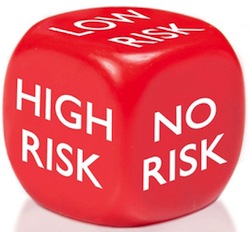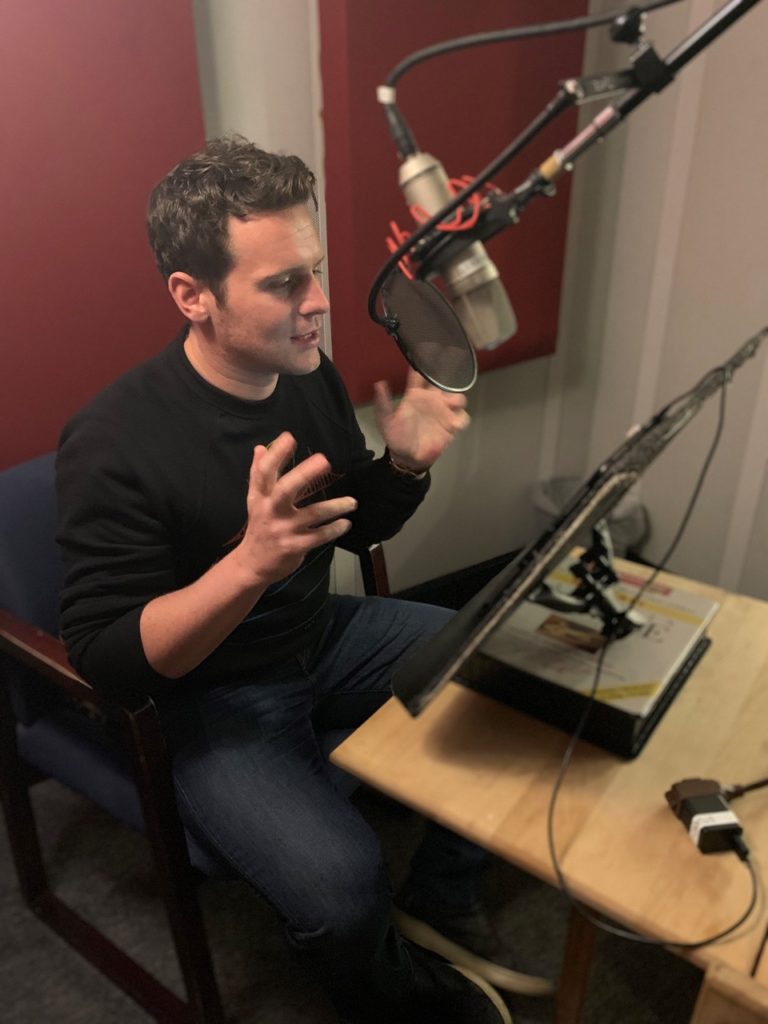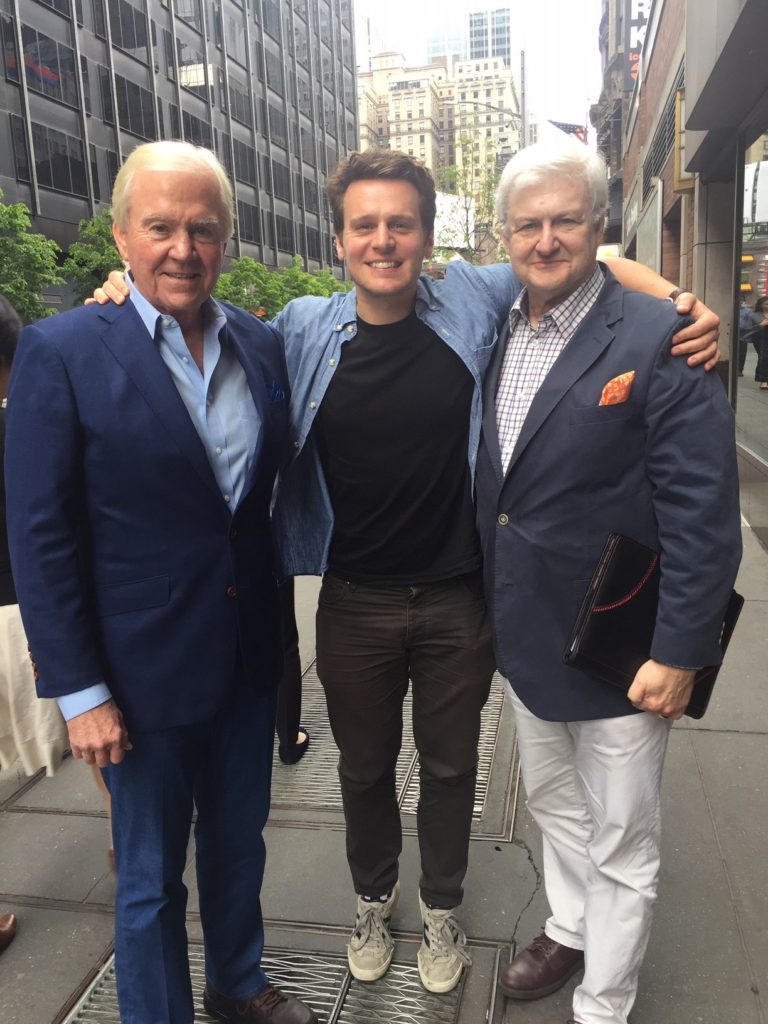
Risk Threshold
The recriminations over whether federal authorities should have identified Tamerlan Tsarnaev before the horrific bombings at the Boston Marathon finish line has brought up an interesting and vital issue, one that gets too little coverage and discussion in the media and public policy. And that is our collective threshold for risk. The simple fact is that while we would like every endeavor in life to have zero risk, we have a sliding scale of tolerances for varying types of risk, which oftentimes have little to do with actual threats.
In fact, it is common for us to muddle three different levels: That which can kill us; that which can hurt us; and that which just makes us feel uncomfortable. And our collective responses often reflect that confusion.
Consider, for instance, the following:
We annually tolerate 30,000 or more highway deaths. But if one bridge collapses, as it did a few years back in Minnesota, we go into spasms of recrimination. It is tolerable to die in our automobiles at the hands or ourselves or fellow drivers, but not because of any design or maintenance flaw from civil engineering.
We tolerate 30,000 gun deaths a year – roughly 10,000 homicides and 20,000 suicides – as a reasonable price for our Second Ammendment rights.
We accept 30,000 deaths a year from influenza-related causes in this country alone, yet will not put the research money into coming up with a universal antigenic vaccine that could wipe influenza off the table completely.
On that same score, many of us shun the annual flu vaccine for largely unfounded fear of side effects, even though the mathematical odds of dying or becoming seriously ill from the disease itself is several orders of magnitude higher.
We wouldn’t think of operating a large commercial airport without a full-time fire department. Yet at many of those airports, those fire departments will never be used. At the same time, we continue to control aviation routes with 1950’s technology and refuse to invest in a state-of-the-art system that would be safer, more efficient and allow more planes in the air with fewer delays.
We could go on and on with such examples, but the head really starts to explode when we mix and match these very perceptions of risk.
Think of all the billions of dollars we have spent on homeland security since the 9/11 attacks claimed the lives of roughly 3,000 of our fellow citizens. What if we had spent that money on influenza research and saved ten times that many lives every years, plus hundreds of thousands more around the world?
Of course, all of our fears and choices represent emotional attitudes and personal values. But I think we would do better and live with more equanimity if we seriously evaluated those attitudes and put them in some perspective.
Yes, it would be nice if we could identify every terrorist – foreign and domestic – before he was able to do any damage. But I think we will have a lot healthier attitude if we think of terrorism the way we do about crime.
We should do everything we can to prevent it, but we will never eliminate it. The battle will be ongoing. Let’s just accept that.



























Interesting about the flu, a good friend and former roommate died suddenly from pneumonia due to both influenza and H1N1…within days.
At least in this circle of friends, it now is of great concern.
Boy do I know what you mean. It seems like even if a fast food wrapper is found, there’s a headline about a “suspicious package” being found. Yes, I got my flu shot, no I do not like guns, especially if one finds oneself on the wrong end of one, which I witnessed as a child. China is having a terrible time with this new strain of avian flu. It’s seemingly very easily transmittable. Many deaths, but few answers as to a cure of vaccine. Has the U.S. halted all modes of transportation to and from China? No. That scares me a lot. I also think the U.S. government is too cheap when it comes to providing monies to worthy causes and cures.